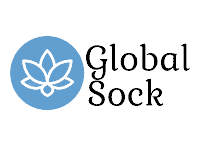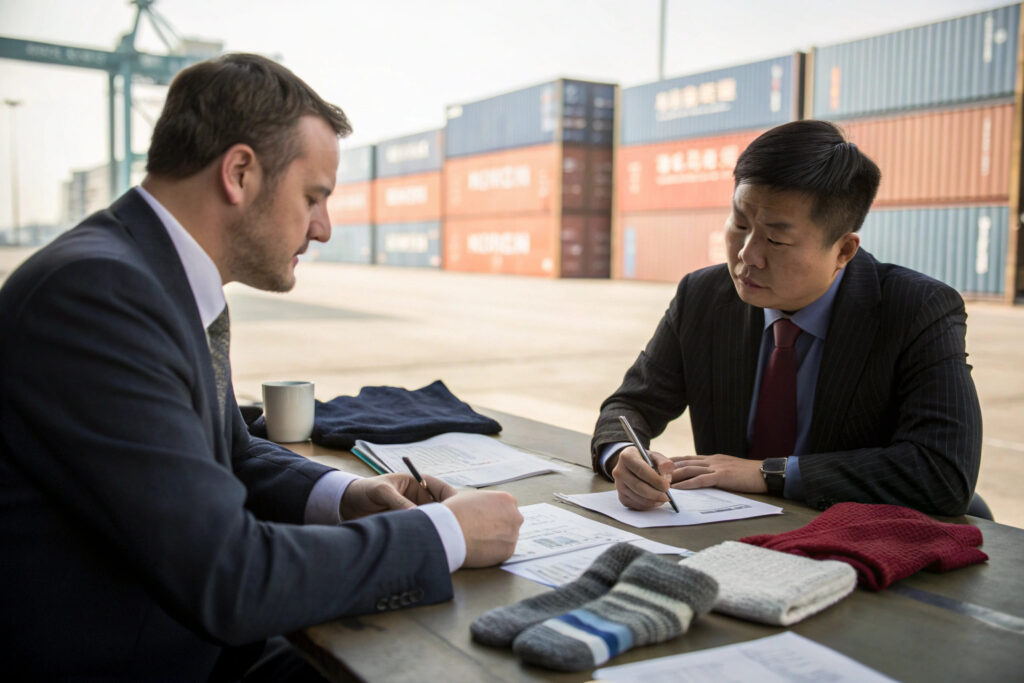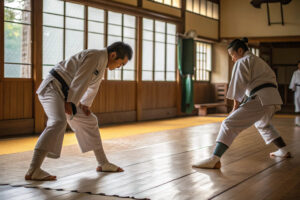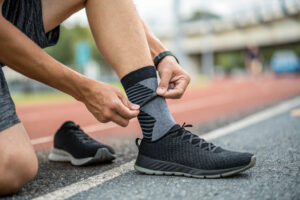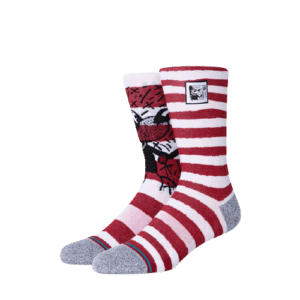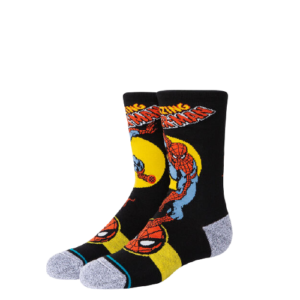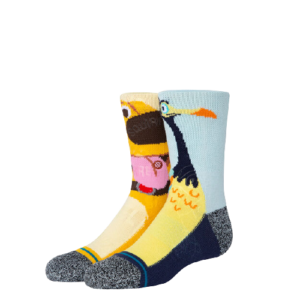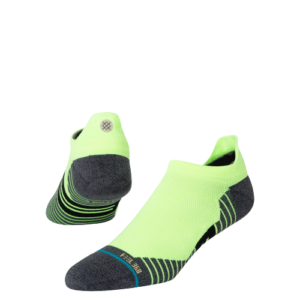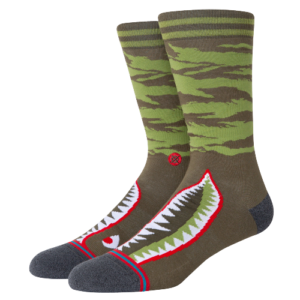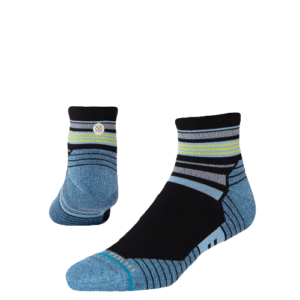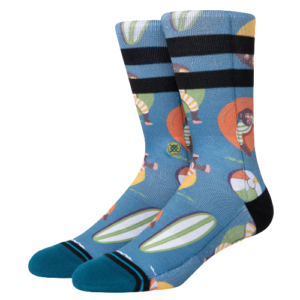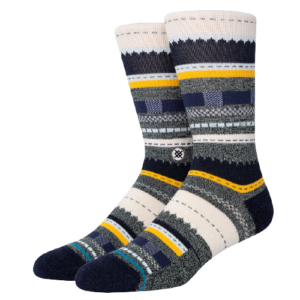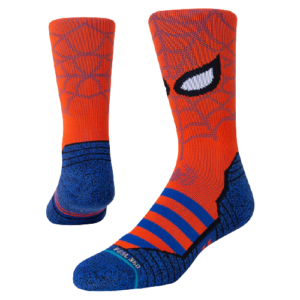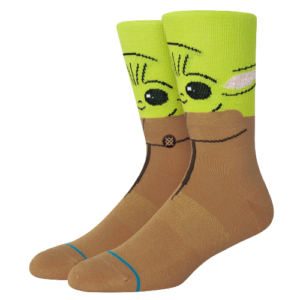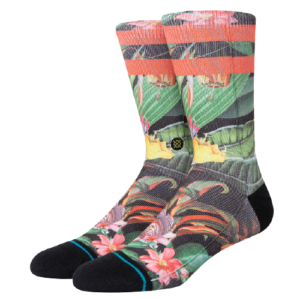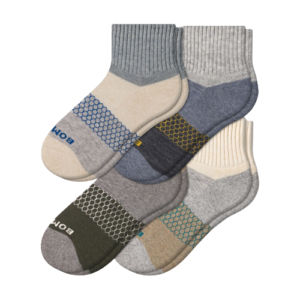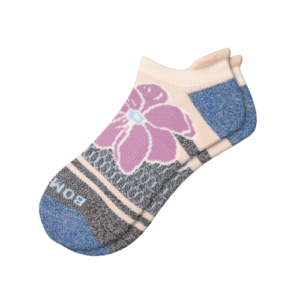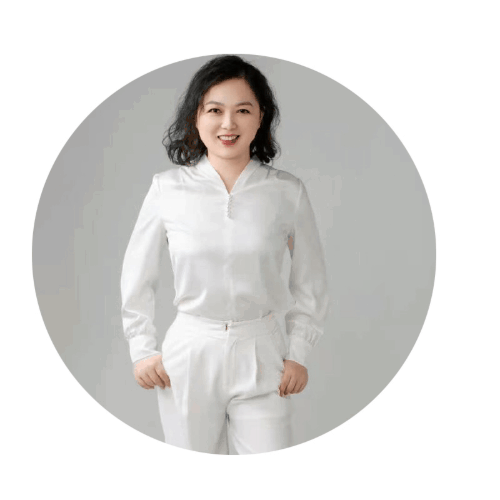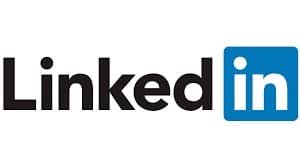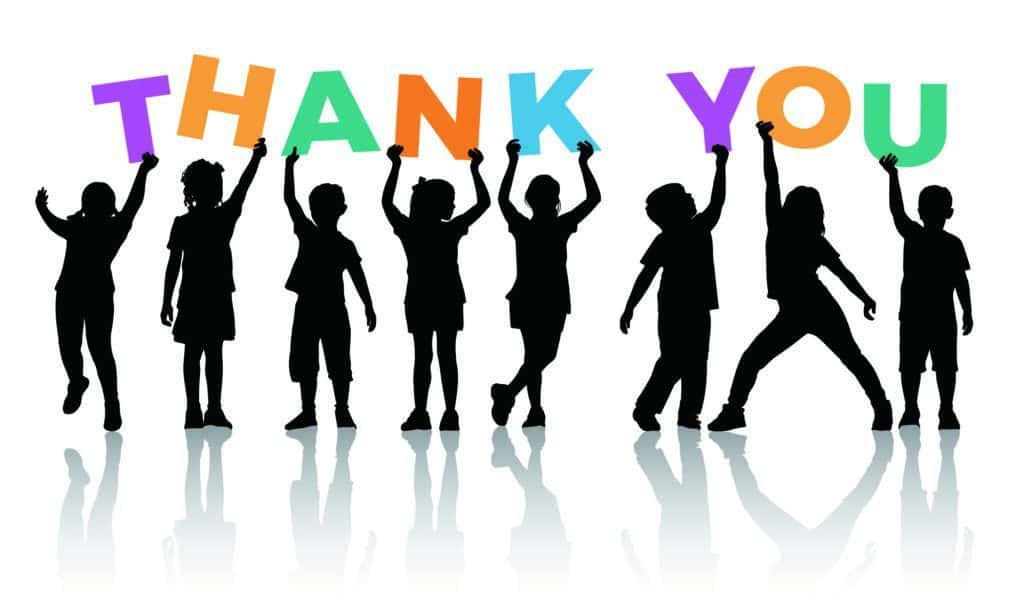When you are sourcing socks from China, you will face two common pricing terms: EXW (Ex Works) and FOB (Free on Board). Many buyers get confused about which one works better and how to negotiate pricing with factories. If you are not careful, you may end up paying extra hidden costs or losing control of your supply chain.
EXW and FOB are two of the most used Incoterms in international trade. The key difference lies in who takes responsibility for the goods and costs once they leave the factory. Understanding these terms is essential for negotiating better deals and ensuring smooth shipping.
If you want to succeed in global sock sourcing, you need to know how to handle these terms. By learning the pros and cons of EXW and FOB, you can decide which one matches your business strategy and negotiate prices with confidence.
What Does EXW Pricing Mean?
When negotiating with a Chinese sock supplier, EXW is one of the first terms you will see. Many buyers misunderstand it and end up taking on more costs than expected.
EXW means the buyer takes responsibility from the factory door. The seller only makes the goods available. The buyer arranges pickup, export clearance, shipping, and insurance.
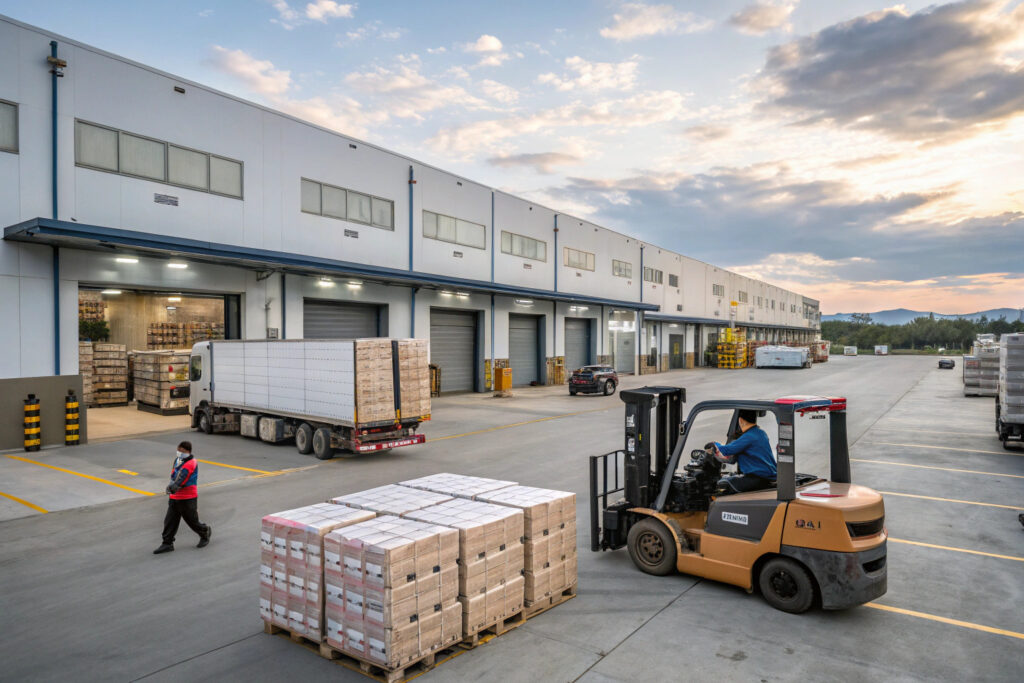
EXW pricing can look cheaper at first glance, but you need to calculate the extra costs for trucking, export documentation, and customs clearance. If your freight forwarder is not reliable, delays and penalties may happen.
Why Do Some Buyers Prefer EXW?
Some experienced importers choose EXW because it gives them full control over logistics and sometimes reduces costs. For example, if you already have a strong freight forwarder network in China, you can pick up goods directly from the factory at a lower overall cost. You may even negotiate better container consolidation deals. To understand how EXW compares across industries, you can check Incoterms 2020 definitions and freight forwarding best practices.
What Are the Risks of EXW?
The biggest challenge with EXW is hidden costs. Export clearance in China often requires a trading license, which most foreign buyers do not have. If your supplier is not helping, you must hire a third-party agent, which adds time and money. Another risk is factory miscommunication on pickup dates. According to Trade Finance Global, EXW is rarely recommended for small buyers without a reliable local partner.
What Does FOB Pricing Mean?
FOB is the most common trade term between Chinese factories and overseas buyers. For socks and other light textile products, FOB usually makes negotiations more transparent.
FOB means the seller delivers the goods to the port, clears export customs, and loads the goods onto the ship. From that point, the buyer takes over.
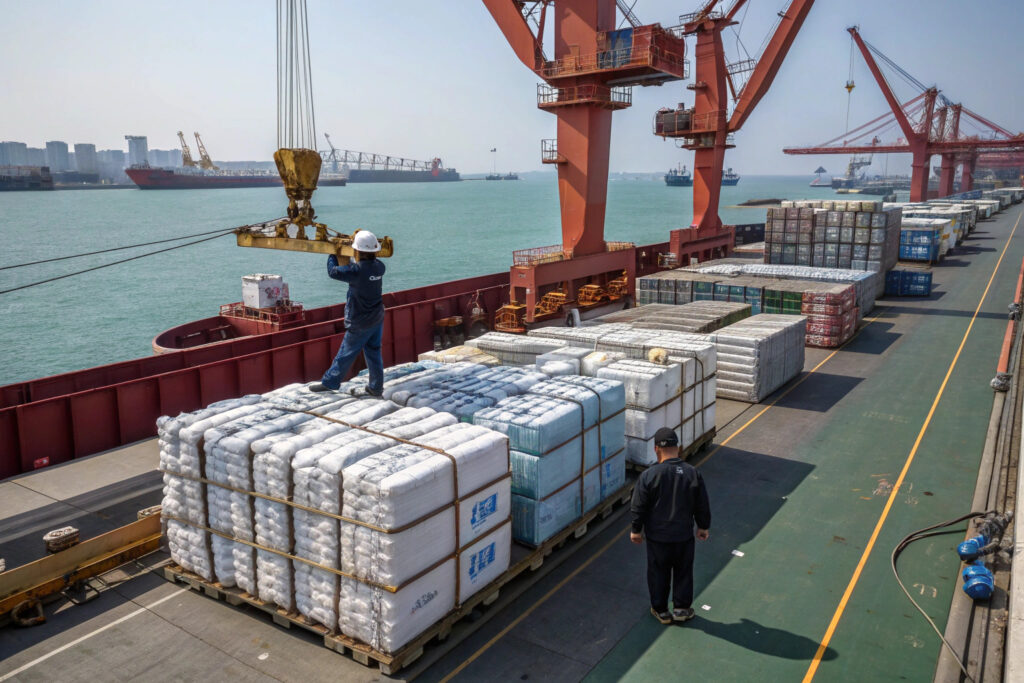
This term balances responsibility between supplier and buyer, making it easier for most importers.
Why Do Most Buyers Use FOB?
FOB simplifies the buying process because the supplier takes care of local transportation and export clearance. Buyers only need to arrange sea freight and destination clearance. According to Export.gov trade guidance, FOB is the most buyer-friendly option when dealing with Chinese suppliers. You also avoid the hassle of applying for a Chinese export license, since the supplier handles it. Many logistics firms, such as Flexport, also recommend FOB for small and mid-size importers.
What Are the Downsides of FOB?
The main issue with FOB is limited control. You must rely on the supplier to handle trucking and export clearance. If they delay or cut corners, you may face extra demurrage charges at the port. In addition, some suppliers inflate inland trucking costs and hide them in FOB pricing. This is why clear agreements and transparency are essential during negotiation.
--“分段recraft指令”
Recraft指令--Show a detailed port scene with containers of socks being loaded onto a ship in China, cranes and workers managing logistics, and clear sea in the background. Keep the style realistic, professional, and business-focused, without text or geographic labels.
How to Negotiate the Best Pricing?
Knowing the difference between EXW and FOB is not enough. You need to apply practical negotiation tactics to make sure you get the best value.
The key to negotiation is comparing the total landed cost under both EXW and FOB. Only then can you see which option saves money.

Always ask for both EXW and FOB quotes. Then, calculate your costs for freight, customs clearance, insurance, and tariffs. This comparison helps you negotiate more confidently with suppliers.
What Questions Should You Ask Suppliers?
When negotiating with a Chinese sock factory, ask direct questions like:
- What is included in the FOB price?
- How much do you charge for trucking to the port?
- Do you provide export documentation support?
Also, request an itemized breakdown of costs. This allows you to spot hidden charges. For further negotiation strategies, resources like Chinaimportal and Supply Chain Dive provide detailed case studies.
Should You Use Your Own Freight Forwarder?
Many buyers wonder whether they should accept the supplier’s logistics service or bring their own freight forwarder. The safe answer is: always compare both. Sometimes, suppliers get cheaper rates because of bulk shipping. Other times, your independent forwarder may provide better tracking and customer service. Websites such as Freightos Marketplace let you compare real-time freight rates for transparency.
Common Mistakes to Avoid
Even experienced importers make mistakes when dealing with EXW and FOB. Avoiding these pitfalls can save you time, money, and stress.
The most common mistake is comparing EXW and FOB prices without adding all extra costs. This leads to a false sense of savings.
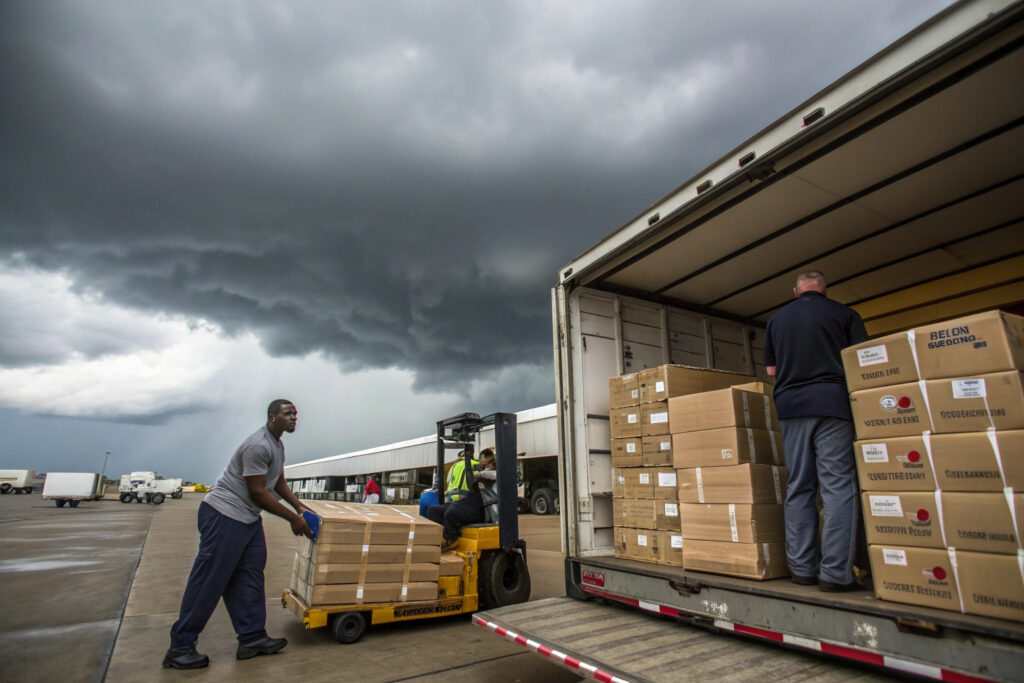
Another mistake is not documenting agreements in writing. Misunderstandings often lead to disputes at the port.
Do Buyers Forget About Insurance?
Yes. Many new importers forget to buy marine insurance when working under EXW or FOB. Without insurance, if cargo is lost at sea, you bear the full loss. According to Allianz Global Corporate & Specialty, cargo losses happen more often than most businesses think. Always secure insurance to protect your supply chain.
What About Tariff Surprises?
Tariffs are another area buyers overlook. For example, U.S. tariffs on Chinese socks can vary depending on material composition. Checking the U.S. International Trade Commission Tariff Database is crucial before placing orders. Some factories also try to classify goods incorrectly to reduce tariffs, which may create compliance risks for you.
Conclusion
Choosing between EXW and FOB is not only about the quoted price. It is about risk management, cost control, and trust in your supply chain. EXW offers more control but requires a strong local partner in China. FOB is safer for most importers because it reduces complexity but may hide supplier-controlled costs.
If you are ready to start your own sock sourcing journey, we at GlobalSock can guide you through the entire process. We combine strict quality control with flexible shipping solutions that fit your business needs. To produce your custom sock orders with confidence, contact our Business Director Elaine at elaine@fumaoclothing.com.
